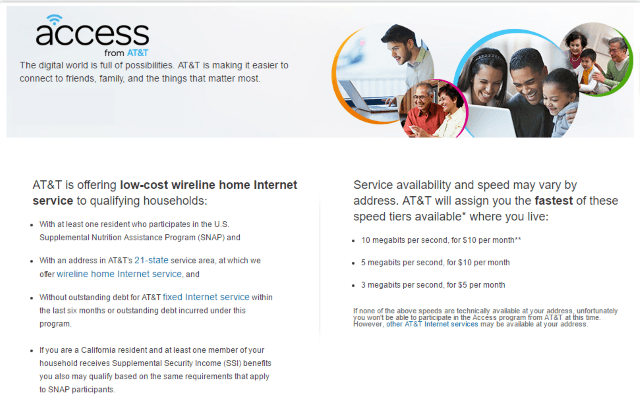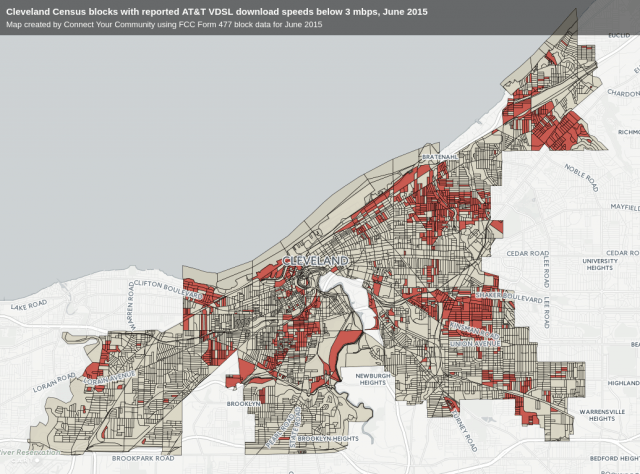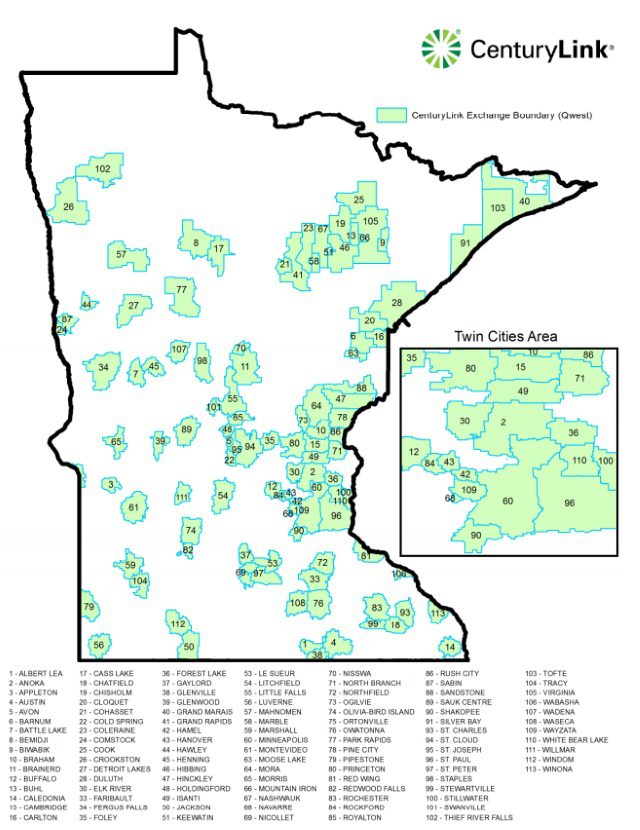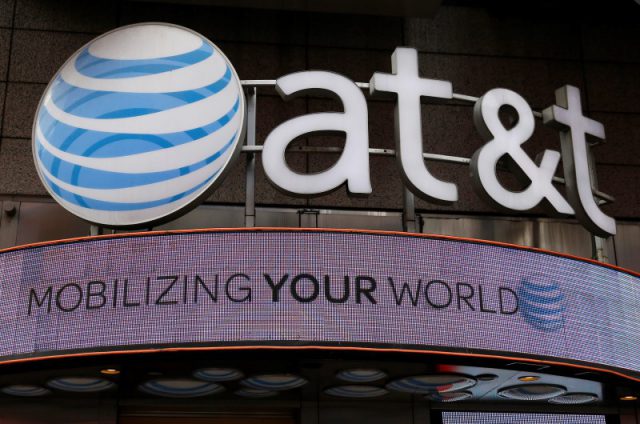 AT&T is adding insult to injury by telling tens of thousands of eligible urban households they do not qualify for the company’s new low-cost internet access program because the company cannot deliver at least 3Mbps DSL in their service-neglected neighborhood.
AT&T is adding insult to injury by telling tens of thousands of eligible urban households they do not qualify for the company’s new low-cost internet access program because the company cannot deliver at least 3Mbps DSL in their service-neglected neighborhood.
In one of the worst cases of redlining we have ever seen, AT&T is doubling down on making sure urban neighborhoods cannot get online with affordable internet access, first by refusing to upgrade large sections of income-challenged neighborhoods and then by refusing requests from those seeking the low-cost internet service the government required AT&T to provide as a condition of its merger with DirecTV.
The National Digital Inclusion Alliance reports their affiliates have run into serious problems helping AT&T customers sign up for Access from AT&T, the company’s new discounted internet access program open to users of the Federal Supplemental Nutrition Assistance Program (SNAP) — the modern-day equivalent of food stamps. Participants are supposed to receive 3Mbps DSL for $5 a month or 5-10Mbps for $10 a month (speed dependent on line quality).
“As some NDIA affiliates in AT&T’s service area geared up to help SNAP participants apply for Access in May and June, they found that a significant number were being told the program was unavailable at their addresses,” NDIA reported. “Some of those households had recent histories of AT&T internet service or had next door neighbors with current accounts. So, why were they being told AT&T did not serve their addresses?”
It turns out AT&T established an arbitrary threshold that requires participating households to receive a minimum of 3Mbps at their current address. But AT&T’s urban neighborhood infrastructure is so poor, a significant percentage of customers cannot receive DSL service faster than 1.5Mbps from AT&T. In fact, data from the FCC showed about 21% of Census blocks in the cities of Detroit and Cleveland — mostly in inner-city, income-challenged neighborhoods — still cannot manage better than 1.5Mbps DSL.
Remarkably, although these residents cannot qualify for discounted internet service, AT&T will still sell them 1.5Mbps DSL service… for full price. AT&T even admits this on their website:

“If none of the above speeds are technically available at your address, unfortunately you won’t be able to participate in the Access program from AT&T at this time. However, other AT&T internet services may be available at your address.”
“About two months ago, NDIA contacted senior management at AT&T and proposed a change in the program to allow SNAP participants living at addresses with 1.5 Mbps to qualify for Access service at $5/mo,” NDIA wrote. “Yes, we know we were asking for the minimum speed to be lower than it should be, but paying $5/mo is better than paying full price and in many neighborhoods, both urban and rural, Access is the only low-cost broadband service option. I’m sorry to report that, after considering NDIA’s proposal for over a month, AT&T said no.”
“AT&T is not prepared to expand the low-income offer to additional speed tiers beyond those established as a condition of the merger approval,” is the official response of AT&T, leaving tens of thousands of AT&T customers unlucky enough to be victims of AT&T’s network neglect and underinvestment out in the cold.

Slowsville: These Cleveland neighborhoods marked in red cannot get anything faster than 1.5MBps DSL from AT&T.
Internet access is not just a problem in rural America. Urban neighborhoods are frequently bypassed for network upgrades because there is a sense residents cannot afford to pay for the deluxe services those upgraded networks might offer. Similar issues affected city residents that waited years for cable television to finally arrive in their neighborhoods. Some providers evidently felt they would not get a good return on their investment. Yet data consistently shows cash-strapped urban residents are among the most loyal subscribers to cable television, because it is less costly than many other forms of entertainment. This year, urban content viewers were among the most loyal cable TV subscribers, even millennials notorious for cord-cutting.
Regulators should review AT&T’s compliance with its DirecTV merger conditions. Access from AT&T should be available to every qualified home, particularly those AT&T will happily furnish with appallingly slow 1.5Mbps DSL, if customers agree to AT&T’s regular prices.


 Subscribe
Subscribe An attempt by CenturyLink to win near-complete deregulation for all of its 108 telephone exchanges in Minnesota has been met with
An attempt by CenturyLink to win near-complete deregulation for all of its 108 telephone exchanges in Minnesota has been met with 
 Community broadband advocates will have to redouble their efforts to overturn state laws that restrict or prohibit municipal broadband, because the Federal Communications Commission today signaled it will no longer be a part of that fight.
Community broadband advocates will have to redouble their efforts to overturn state laws that restrict or prohibit municipal broadband, because the Federal Communications Commission today signaled it will no longer be a part of that fight.
 California’s Public Utilities Commission (CPUC) couldn’t get cozier with AT&T if they moved regulators into the phone company’s plush executive suites.
California’s Public Utilities Commission (CPUC) couldn’t get cozier with AT&T if they moved regulators into the phone company’s plush executive suites.
